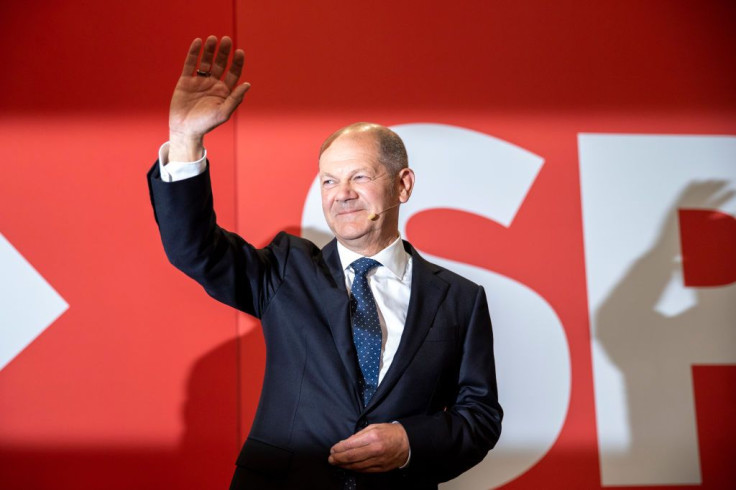Spanning over more than a decade and a half, Angela Merkel's chancellorship of Europe’s largest democracy finally came to an end. She has been succeeded by the leader of the Social Democratic Party (SPD) Olaf Scholz. The new chancellor was sworn into office and did not enjoy a grace period as Germany struggles with several serious issues.
With her fourth term as the chancellor of Germany, in 2018 Merkel had announced that she would not be running for a fifth term. Despite her 69% approval rating, the internationally well-recognized leader decided to withdraw from her political career after the 2021 federal elections.
The SPD won a narrow victory in the 2021 federal elections. On Nov. 24 the SPD, Green Party and Free Democratic Party (FDP) formed a coalition with Scholz as the leader. On Wednesday, Dec. 8 the German federal parliament elected Scholz as the new chancellor of the nation with 395 votes in favor and 303 against his chancellery, BBC reported.
Germany’s president Frank-Walter Steinmeier appointed the chancellor and his government to office. He was then sworn into office during which he, like Merkel, did not use the religious reference “so help me God”. Following his swearing-in, his 16 ministers took their oaths as well. The cabinet has been recognized as the nation’s first to have an equal number of men and women.
The candidate of the Green Party who ran against Scholz, Annalena Baerbock, has been appointed as the Minister of Foreign Affairs. The Chancellor candidate of the FDP, Christian Lindner, was appointed as the Minister of Finance.
Scholz has been noted as an outlier in the SPD due to his moderate centrist ideologies, CNN reported. One of the visions that the incoming government has spoken about is the legalization of cannabis. It also plans on easing dual citizenship and naturalization rules.
With the environment in mind the government targets to phase out coal and have 15million electric cars on the road by 2030. It may also consider making the Covid-19 vaccine mandatory as Germany continues to struggle with viral infections.
The newly appointed chancellor will have to address the Covid-19 crisis that the country is currently facing. He will have to navigate the uncertain future of the European Union which had been caused by the Brexit.

© 2025 Latin Times. All rights reserved. Do not reproduce without permission.




